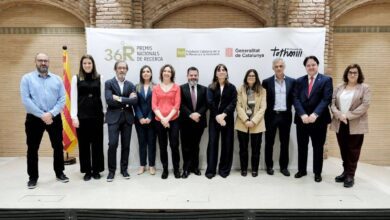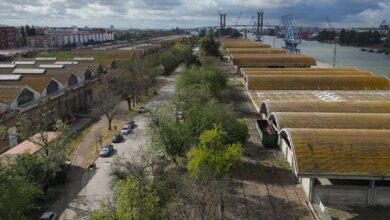
The Madrid authorities continue their policy of reducing the tax burden, raising concerns among fiscal discipline experts. Despite assurances from the regional government about economic resilience, experts note that ongoing tax breaks could create serious problems for financial stability in the coming years.
Analyzing budget indicators and debt levels, specialists have concluded that the region risks exceeding permissible spending limits as early as 2025. The situation is made worse by the fact that budgetary regulation rules for 2026 remain undefined, and ongoing uncertainty at the national level is only adding to the anxiety.
Cost-saving measures and new fees
In response to expert comments, Madrid officials have proposed increasing revenue by raising fees for firefighting and rescue services, as well as slowing the growth of spending on medicines and medical supplies. The plans also include freezing some investments not related to major infrastructure projects or economic recovery programs. However, even with these measures, experts believe it will be difficult for the region to keep spending within set limits if tax breaks are maintained.
Debate over the fairness of tax policy
The question of fairness in Madrid’s current tax system is becoming increasingly pressing. Critics argue that tax cuts mainly benefit the wealthy and large businesses, while social spending is being reduced. In their view, this could lead to a decline in the quality of public services and limit opportunities for investment in healthcare, education, and housing.
At the same time, regional authorities insist that tax reduction policies promote economic growth and create new jobs. They emphasize that this approach has expanded the tax base and brought in additional revenue to the budget. Examples include plans to expand the metro and build new healthcare and justice facilities.
Budget prospects and political disagreements
The region’s spending for 2026 is set at nearly 31 billion euros, almost 7% more than the previous year. Despite this, experts warn that new tax breaks could result in a shortfall of over 300 million euros, jeopardizing funding for key social programs.
Political opponents accuse the regional leadership of favoring a formal budget balance at the expense of cutting social spending, instead of reconsidering tax breaks for wealthy citizens and companies. The authorities, in turn, insist that their strategy will sustain economic momentum and guarantee the fulfillment of all commitments to residents.
Whether Madrid will manage to strike a balance between stimulating the economy and adhering to budget constraints remains an open question. One thing is clear: in the coming years, the region will have to navigate a challenging period of financial decisions and political debate.












